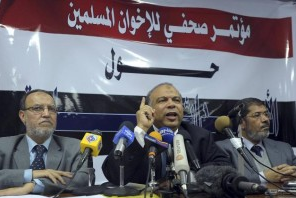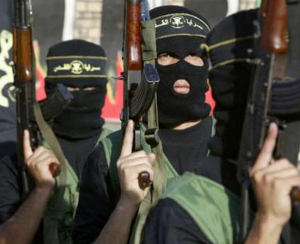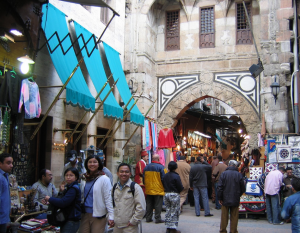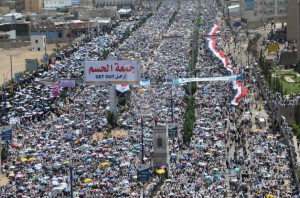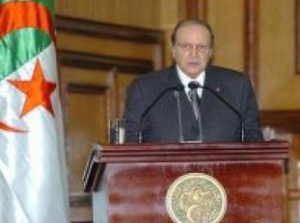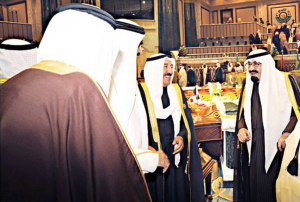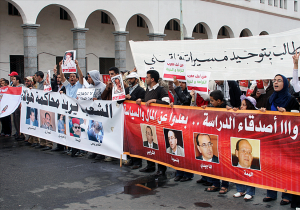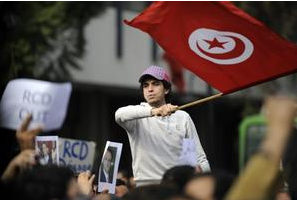By Gabi A.
Getting the oil flowing again is a basic requirement for the success of any future government.
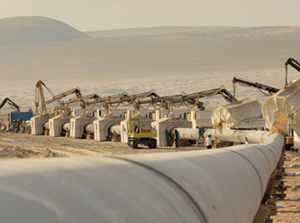
Even as fears of continued factional conflict continue to attract media attention, the question of economic stability and sustainability in Yemen has barely received the consideration needed to avoid a spiral into the status of a failed state. The interim government in the country faces difficult political challenges in the weeks ahead as it prepares for what many observers are hoping will be the country’s first free election. The head of the interim government, Vice President Abed Rabbo Mansour Hadi, is already facing calls to resign as protests continue to rage in the streets of the capital city of Sanaa with demonstrators facing off against forces loyal to now supposedly deposed President Ali Abdullah Saleh.
The destruction brought on by the nearly-ten-month uprising against the regime of Saleh has wreaked havoc not only on the delicate political system but also on the nation’s oil production infrastructure that provides the lifeblood for the economy. Oil exports are responsible for somewhere between 60-70% of government revenues and 90% of overall national exports. Continue reading Yemen’s Greatest Challenge
